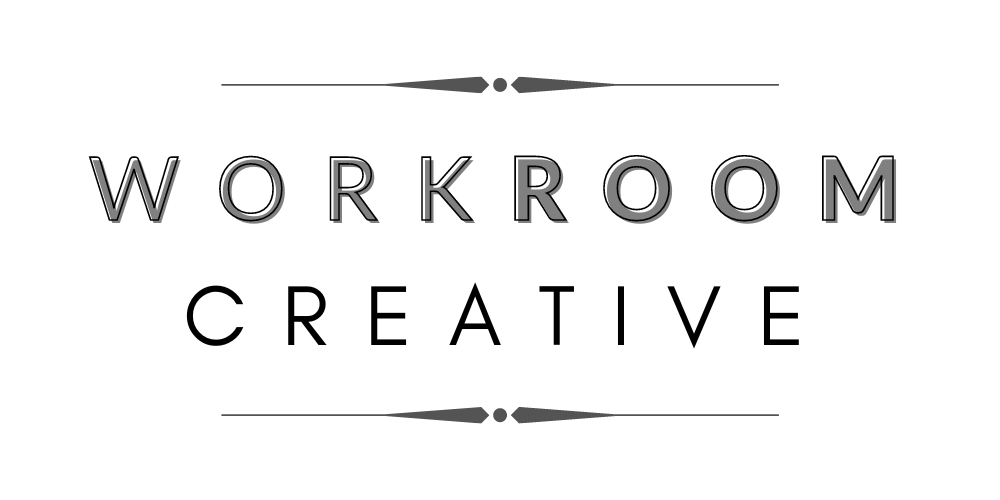The Benefits of Having a Blog for Your Website
A blog can offer numerous benefits, from enhancing your website's SEO to establishing authority in your industry.
In today's digital age, a website is more than just an online presence; it's a dynamic platform to engage, inform, and convert visitors into customers. But having a website alone is not enough. To truly maximize its potential, consider adding a blog. In this post, we'll explore the various advantages of maintaining a blog and why it should be an integral part of your website strategy.
1. Boost Your SEO Rankings
One of the most compelling reasons to have a blog is its impact on search engine optimization (SEO). Search engines like Google favor websites that consistently publish fresh, relevant, and valuable content. A blog allows you to regularly update your site with new content, giving search engines a reason to crawl your site more frequently. Each new blog post is an opportunity to rank for different keywords, which can increase your visibility on search engine results pages (SERPs).
Additionally, blogs allow you to target long-tail keywords — specific phrases that are less competitive but highly relevant to your audience. Over time, these keywords can drive a steady stream of organic traffic to your website. Moreover, quality content that provides value to your readers is more likely to be shared, linked to, or cited by other websites, further improving your SEO performance through backlinks.
2. Establish Authority and Build Trust
A well-maintained blog helps establish your business as an authority in your industry. By sharing insights, tips, and expertise related to your field, you can demonstrate your knowledge and credibility to potential customers. This is particularly important for businesses that rely on trust, such as financial services, healthcare, or consulting firms.
When you consistently provide valuable content, your audience begins to see you as a thought leader. This perception can significantly influence their decision-making process, making them more likely to choose your products or services over your competitors. Furthermore, a blog allows you to address common questions and concerns that your target audience may have, building trust and fostering a sense of connection.
3. Engage and Connect with Your Audience
A blog is a powerful tool for engaging with your audience. Unlike static website pages, a blog is dynamic and invites interaction. Readers can comment on your posts, share them on social media, or even reach out directly with questions or feedback. This interaction creates a sense of community around your brand, which can enhance customer loyalty.
By responding to comments and engaging with readers, you can build relationships and learn more about your audience's needs and preferences. This two-way communication can provide valuable insights into what your customers are looking for, helping you tailor your products, services, and marketing strategies to better meet their needs.
4. Generate Leads and Conversions
Every blog post you publish is an opportunity to generate leads. By including calls to action (CTAs) in your blog posts, you can guide readers to take specific actions, such as subscribing to your newsletter, downloading a free eBook, or scheduling a consultation. These CTAs can help convert casual readers into potential customers.
Additionally, a blog allows you to educate your audience about your products or services subtly. Instead of overtly promoting your offerings, you can use your blog to address pain points, offer solutions, and showcase your expertise. When readers find your content helpful and informative, they are more likely to trust your brand and consider purchasing.
5. Drive Traffic to Your Website
A blog is an excellent way to drive traffic to your website. Each time you publish a new post, you create a new page for search engines to index, increasing the chances of your website being discovered by potential customers. Moreover, sharing your blog posts on social media platforms can drive additional traffic to your site.
High-quality, engaging blog content encourages visitors to stay on your site longer, reducing bounce rates and increasing the likelihood of conversions. The more valuable and relevant your content is to your audience, the more time they will spend on your site, exploring other pages and learning more about your business.
6. Support Your Social Media Marketing
Maintaining an active blog provides a steady stream of content that you can share across your social media channels. Each blog post can be repurposed into multiple social media posts, infographics, or even videos, helping you keep your social media profiles active and engaging.
By sharing your blog content on social media, you increase its reach and visibility, attracting more readers to your website. Additionally, when your audience finds your content valuable, they are more likely to share it with their network, further expanding your reach and driving more traffic to your site.
7. Showcase Your Brand’s Personality
A blog is a great way to showcase your brand's personality and voice. Unlike the more formal tone of a website's core pages, a blog allows you to be more conversational and engaging. This humanizes your brand and makes it more relatable to your audience.
By sharing stories, insights, and experiences, you can create a unique brand identity that resonates with your target audience. Whether your tone is casual, humorous, or professional, a blog allows you to communicate your brand values and connect with your audience more personally.
8. Cost-Effective Marketing Strategy
Compared to traditional advertising methods, maintaining a blog is a cost-effective way to market your business. While there are costs associated with creating and maintaining a blog, such as content creation and website management, these are generally lower than those of other marketing channels.
Moreover, the content you publish on your blog has a long shelf life. Unlike paid ads that disappear once your budget runs out, a well-written blog post can continue to drive traffic, generate leads, and promote your brand for months or even years after publication.
9. Differentiate Your Business from Competitors
In a crowded digital landscape, standing out from your competitors can be challenging. A blog allows you to differentiate your business by showcasing what makes your brand unique. Whether it's your industry insights, unique approach, or customer success stories, a blog provides a platform to highlight what sets you apart.
By offering valuable content that addresses your audience's needs and concerns, you can position your brand as the go-to source for information in your industry. This differentiation can help attract more customers and build a loyal following over time.
10. Stay Relevant and Adapt to Changes
The business landscape is constantly evolving, and so are customer preferences and industry trends. A blog allows you to stay relevant by keeping your audience informed about the latest developments, trends, and changes in your industry.
It also provides a platform to quickly adapt your content strategy to changes in your business environment. Whether you want to announce a new product launch, share a company update, or respond to an emerging trend, your blog gives you the flexibility to communicate with your audience in real-time.
Conclusion
A blog is more than just a section of your website; it's a powerful tool that can drive traffic, generate leads, build trust, and establish your authority in your industry. By regularly publishing valuable content, you can engage your audience, improve your SEO rankings, and differentiate your business from competitors. If you haven't already, consider adding a blog to your website and start reaping the numerous benefits it offers. Your website — and your business — will be better for it.



All Rights Reserved | Workroom Creative





